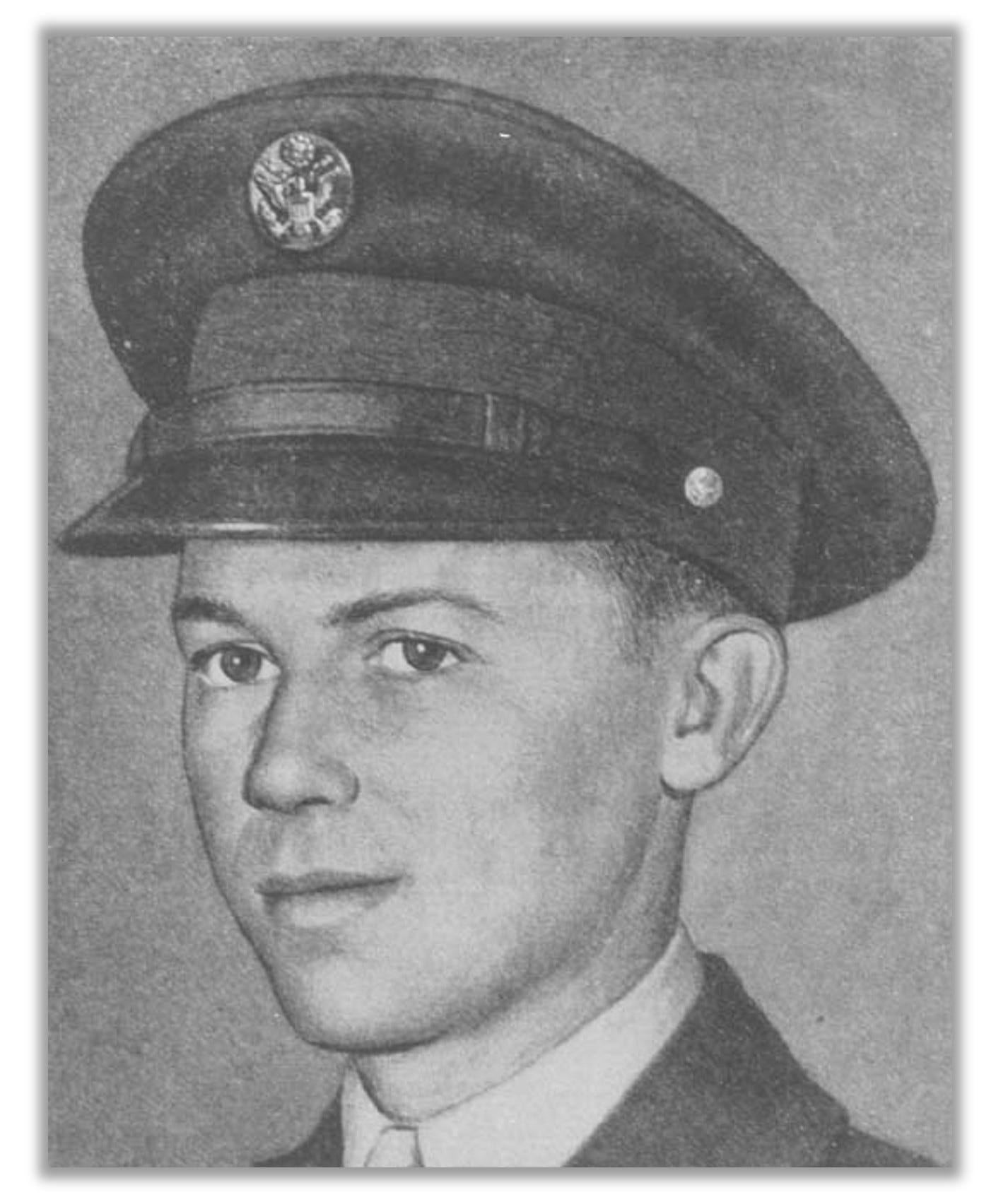Medal of Honor Monday: Melvin L. Brown
No one would have blamed Brown for retiring to a safer spot, but he was made of sterner stuff than that.
On this day in 1950, a hero engages in an action that would earn him the Medal of Honor. Melvin Brown was one of 8 children born into a coal mining family. Perhaps no one expected him to become a “one-man army” in Korea?
But then he did.
Shortly after his Medal was awarded, a local Pennsylvania newspaper reflected on the hometown hero:
“We suspect he was a typical teenager . . . . [but when] the chips were down, Private First Class Melvin L. Brown came through, just as any American boy will do. He wasn’t old enough to vote . . . . But he did a man’s job so well that his comrades and his nation have awarded him the highest honor possible.”
Brown enlisted in the Army when he was just 17 years old. Once there, his training focused on mechanics and operating heavy mobile equipment. He was deployed first to Japan, then to Korea. Three days before his heroic action near Kasan, Korea, he wrote his parents. He was to be transferred from a truck outfit to the front lines, he told them. He was happy about it, noting that it “will be easier than driving this truck.”
The truck had become hard to sit in because of a recent hernia operation. “[D]on’t worry,” he told his parents. “I don’t intend to get bumped off. I’m like MacArthur—‘I shall return.’”
Brown’s bravery came on September 4, 1950. His platoon was then trying to secure Hill 755 (the so-called Walled City) when the enemy attacked. Brown leapt to a position on a 50-foot wall and “delivered heavy rifle fire on the enemy,” as his Medal citation later described.
He knew the importance of his platoon’s mission.
Brown was soon out of ammunition. Worse, he was wounded. No one would have blamed him for retiring to a safer spot, but he was made of sterner stuff than that. He began throwing hand grenades at the increasing number of enemy climbing the wall.
Then he ran out of grenades, too. Some of his fellow soldiers began throwing grenades toward his position, trying to help.
“On several occasions,” an Army report concludes, “the grenades were thrown short of his position. When this would occur, Brown would leave his position and retrieve the grenades, exposing himself to enemy rifle and machine gun fire. However, the enemy continued their climb and Brown, taking his entrenching tool, a small shovel, from his pack, waited until the enemy, one by one, peered over the wall, delivering each a skull-crushing blow across the top of the head.”
He’s credited with taking out about a dozen of the enemy in this fashion.
Brown’s fellow soldiers were inspired by the demonstration of bravery. They ultimately repelled the enemy attack and held their position, but no one at first knew what had happened to Brown. He’d last been seen near the wall, injured but fighting.
The young soldier was listed as missing in action at first, but his body was later recovered and brought home. Brown’s body was accompanied by his brother, Pfc. Donald M. Brown, who was wrapping up 14 months of service in Korea.
Brown’s family learned that he was to receive the Medal of Honor while they still thought he was MIA. “We’re all proud and happy in a way, but it doesn’t mean anything without Melvin there to get it,” his mother told a reporter.
Nevertheless, Brown’s father received the Medal on his son’s behalf in January 1951. Harry S Truman presented it, speaking of his pride in our nation’s ground forces.
“[They] fight from the trenches and machine gun nests,” the President said. “They are not the glamour boys of the services, but the men who win the wars and make it possible to have freedom in this great nation of ours.”
Sources can always be found on my website, here.





I agree with President Truman...“They are not the glamour boys of the services, but the men who win the wars and make it possible to have freedom in this great nation of ours.”. It says it all and more for those we call Hero!
I was so hoping that Melvin would have survived and sent home to receive his Purple Heart and his Medal of Honor in person. It’s so sad that many of our bravest souls return home in Flag Covered Coffin. We certainly could have used them in our civilian and political leaders in our Country.
❤️🇺🇸🇺🇸🇺🇸